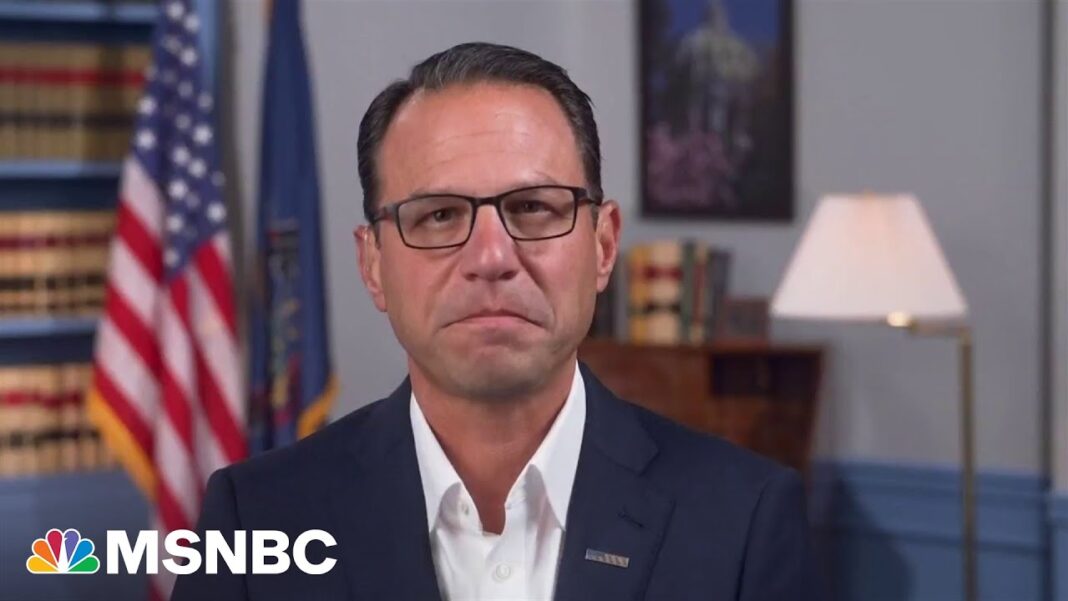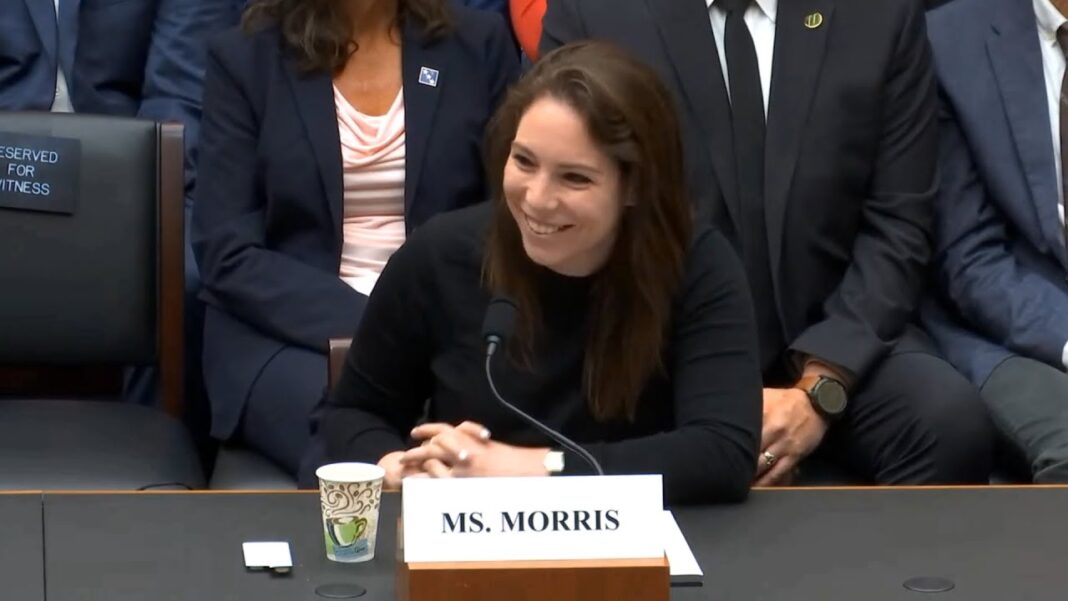A congressional hearing was held about the Chinese Communist Party using Mandarin language programs to influence America’s K-12 classrooms.
A congressional hearing sounded the alarm about the Chinese Communist Party (CCP) using Mandarin language programs to spread communist ideology and grow its soft power in America’s K-12 classrooms.
Confucius Classrooms, the K-12 version of Confucius Institutes (CI) in universities, are language programs for which the CCP provides funding and controls curriculum and teacher vetting. In August 2020, the State Department designated the CI program’s D.C.-based headquarters as a “foreign mission” of China based on its “skewed Chinese language and cultural training for U.S. students as part of Beijing’s multifaceted propaganda efforts” and that the CI language programs were under guidance from the CCP’s United Front Work Department, the leading agency in charge of influence operations.
“[The CCP] are not paying for these books because they want us to learn,” Mike Gonzalez, a senior fellow at the Washington-based Heritage Foundation, said at the Tuesday hearing organized by the Subcommittee on Early Childhood, Elementary, and Secondary Education under the House Education Committee.
In his view, the two nations are in an “asymmetric information warfare” in which the CCP takes advantage of America’s open society. The CCP-backed language programs play an integral role in shaping American public opinion to not worry about the threat of the People’s Republic of China, Mr. Gonzalez wrote (pdf) as early as 2015.
“We should learn Mandarin. I studied Mandarin myself and Japanese and Korean. This is not what this is about. This is about a foreign party, a Communist Party-run country that is trying to influence how we think and how we act,” he added.
Nicole Neily, president of Parents Defending Education (PDE), a parent activist group, urged lawmakers to create a law to mandate foreign investment disclosure in K-12 schools, a requirement currently applicable to higher education institutes only. She further recommended a minimum disclosure threshold of $10,000, much lower than the $250,000 required for colleges.
By Terri Wu
Read Full Article on TheEpochTimes.com







